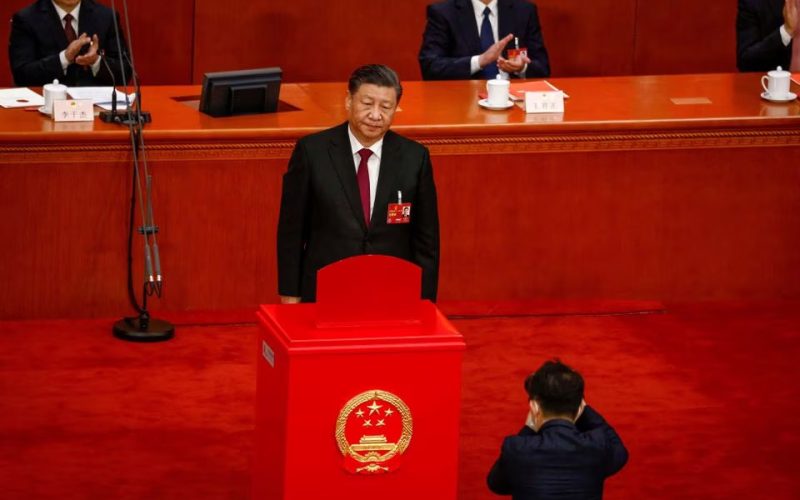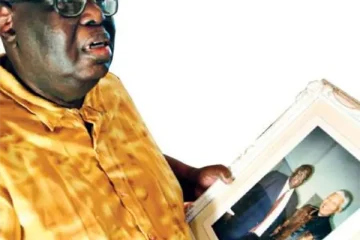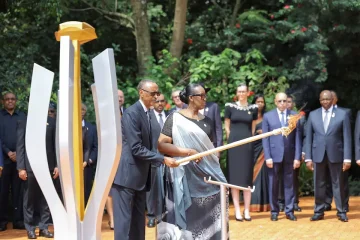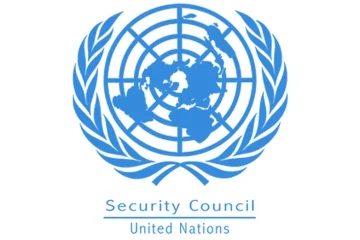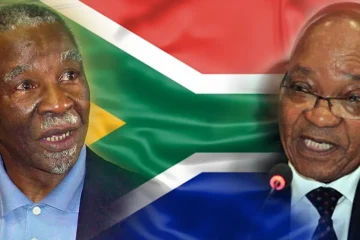THERE was a time, a time not too long ago, when Hong Kong was regarded as the outpost of the West on China’s door-step. And then, a little over 26 years ago, the stranglehold of the colonial masters – Great Britain – over Hong Kong came to an eventual end when the territory was handed over back to its rightful owners, the Peoples Republic of China.
Under Hong Kong’s semi-autonomous rule, the Western interests gradually dissipated. Reports of the so-called “Hong Kong’s fall from grace” have become a constant in the Western mainstream media. At the heart of the negative Press lies Beijing’s rightful authority over cosmopolitan region. China has insisted, and I dare say correctly so, on ensuring the protection of the country’s national interests, territorial integrity and national security.
Typically, this has not sat too well with China’s geopolitical opponents particularly in the West. They have sought to cast aspersions over China’s moral and political authority over Hong Kong, an economic hub that was nearly turned into a little outpost of Western hegemony across Asia.
In China’s pursuit of safeguarding the country’s national security, and in collaboration with the self-governing authority of the Hong Kong Special Administration Region (HKSAR), a lengthy public consultative programme was undertaken regarding Article 23 of the Basic Law. It is still ongoing.
According to reports from the HKSAR, “people from all walks of life in Hong Kong said they believe that the legislation is essential and should be promulgated as soon as possible”.
Now, in 2019 Hong Kong was hit by politically-motivated disturbances that disrupted the traditional societal tranquillity, exposing the inadvertent lax in the application of legislation around the territory’s national security.
And then, in 2020, about 3 million Hong Kong residents signed a petition in support of the region’s national security legislation. The social disturbances were regarded as “a wake-up call” by most people. This caused the HKSAR, with the support of the majority, to acknowledge that vigilance over national security should never be relaxed.
The consequence of correcting the situation has resulted in the promulgation of Article 23, which seeks to tighten the loose ends around national security. In the greater scheme of things, it is perhaps to point out the obvious geopolitical reality of China’s rapidly rising stature in international relations. Beijing’s role in multilateralism over the past decade alone stands out. China’s is the world’s fastest growing economy and currently sits at the second position among the world’s biggest economies, sitting behind only the USA. Bilateral relations between the world’s biggest two economies have often been frosty, leading to fears and threats of military confrontation.
Relations between any sitting authority in the HKSAR and Beijing in mainland China ought to be cordial at all material times. Any weakness or weak-link in such relations stands at the high risk of being exploited by China’s geopolitical detractors, particularly the Western powers that sees the emergence of China as a superpower in the 21st century as a threat to the US-led Western-led hegemony.
Therefore, if truth be told, the implementation of Article 23 in Hong Kong is long overdue. No nation pays lip service to the protection of its territory and its people. Certainly, under the Communist Party of China (CPC) and the leadership of President Xi Jinping, China will not fall asleep on the job and allow the country’s enemies to use Hong Kong as a weak-link through which to penetrate the sovereignty of China.
Predictably, detractors of Beijing will argue that Beijing wants to use Article 23 legislation to exercise more control over the citizens in Hong Kong, and stifle or restrict civil liberties. They would argue in that way whilst conveniently ignoring the massive public support that has thus far been shown by the citizens of Hong Kong who recognise themselves as an integral part of mainland China.
Like every nation, China is correct to seize every opportunity to constantly review and tighten the national security-related legal system in order to safeguard the country’s borders and guarantee safety and security for the citizens.
That is what the national duty requires in order to provide assurance for the well-being of the residents.
As China’s economy flourishes, and the country’s standing in international affairs grows, a region such as Hong Kong need to be protected for the greater good of the entire China’s mainland. Article 23 will also assist Hong Kong to concentrate on developing the territory’s massive global economy in an atmosphere of guaranteed national security. This will also mean Hong Kong becomes better prepared to handle risks and challenges – internal or external – and thereby focusing on pursuing the region’s developmental goals and welfare of the citizens with great threats.
Any threat to Hong Kong is a direct threat to the very being and national security of China. To expect Beijing to behave as if Hong Kong is an independent sovereign state is plain mischief and disingenuous at best.

